A ban on the production of desinewed meat (DSM) from cattle, sheep and goats looks could remain in place until 2015, despite calls from an influential group of MPs for urgent action in getting it lifted.
The Environment, Food & Rural Affairs Committee said the moratorium, in place now for 18 months, had left British producers in a “legal limbo” and called for “much more urgency from the government in ending this unnecessary moratorium” in a statement issued last week.
The moratorium was imposed by the FSA in April last year after the EC said it considered DSM a form of mechanically separated meat. MSM, which uses a high-pressure technique to recover meat, has been banned by the EU in the case of cattle, sheep and goats since the BSE crisis in the late 1990s.
The FSA said that to not impose a moratorium would risk a ban on UK meat exports.
This week, The Food Standards Agency told The Grocer it was awaiting a definition of MSM from the European Court of Justice before the issue could be resolved.
DSM uses a low-pressure technique to extract meat from animal bones, which processors argue is entirely safe.
Earlier this year, the UK High Court referred key questions on the subject to the ECJ after meat processor Newby Foods challenged the FSA’s decision to impose the moratorium. “The length of the moratorium will be dependent on the outcome of this, and we can’t predict how long it will take,” an FSA spokeswoman said.
But the British Meat Processors Association predicted it would take a minimum of six months and up to two years, and said it shared EFRA’s frustration. “At a time when we are being exhorted to reduce food waste, preventing the use of this product makes no sense,” said director Stephen Rossides.
It has previously estimated that the moratorium on DSM - similar in texture to mince - could cost the industry £200m and push up retail prices because DSM was generally used in value products to keep prices down.
Sign in to comment on this article
Not logged in before? Register for FREE guest access today.
You will be able to:
- Read more stories
- Receive daily newsletters
- Comment on stories
Advert







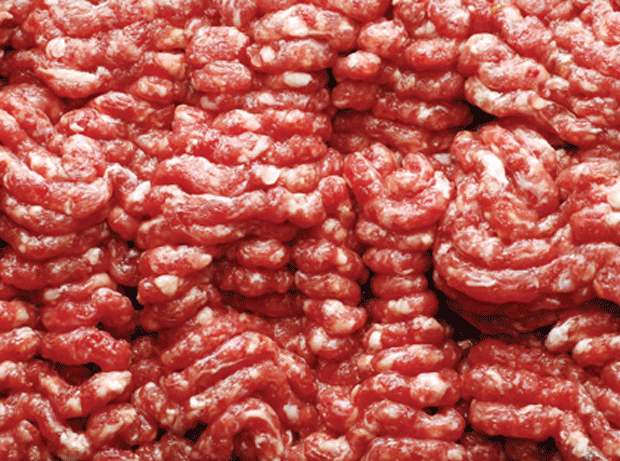
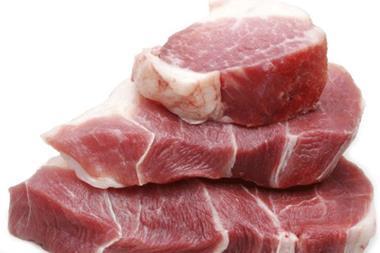
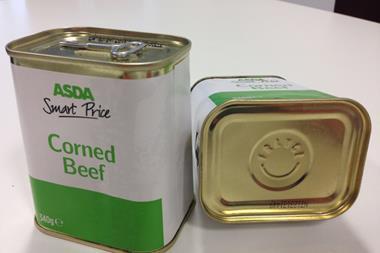
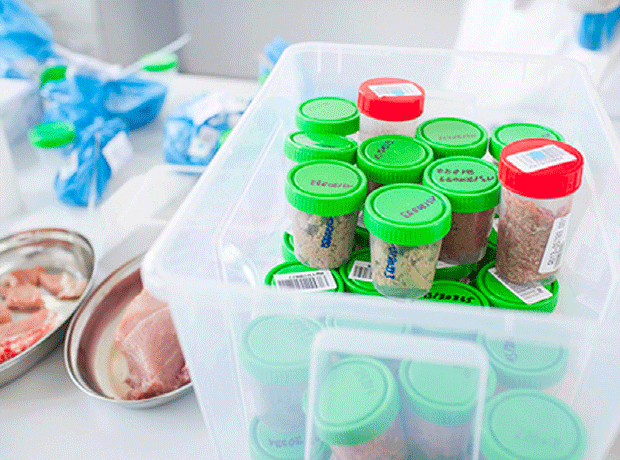
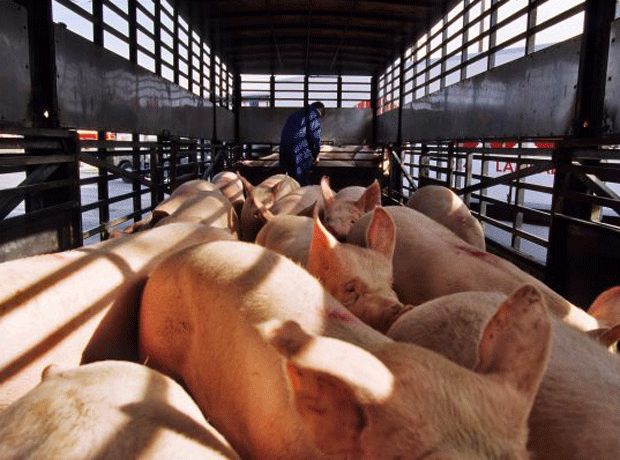







No comments yet